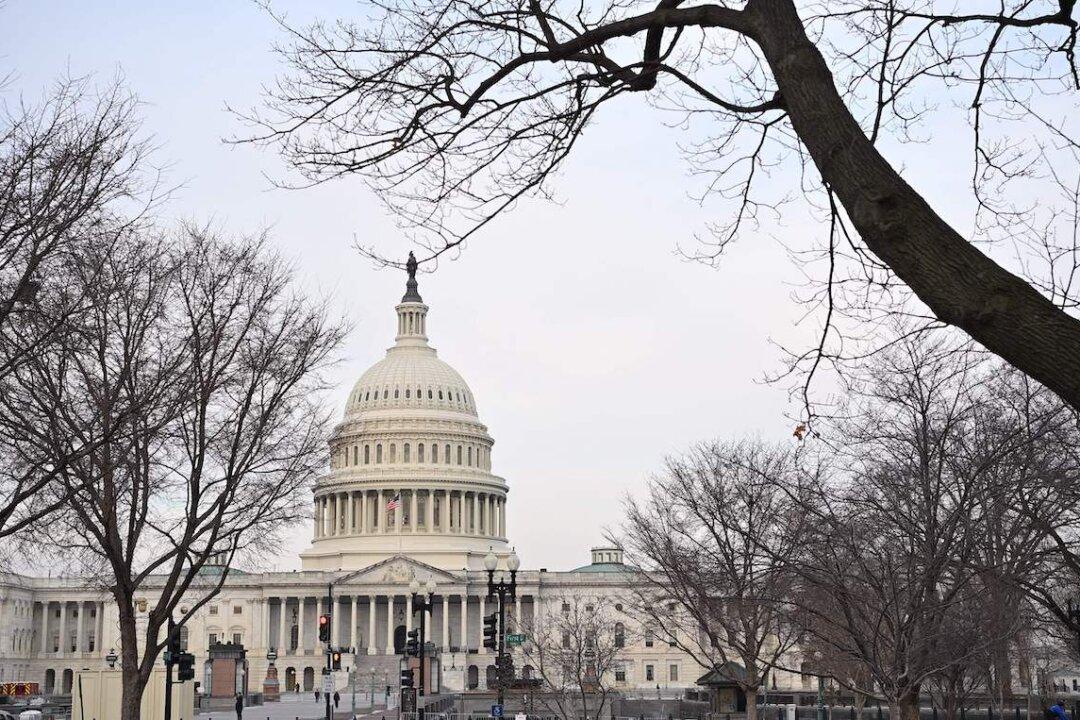President Joe Biden on Sept. 30 signed into law a continuing resolution (CR), likely averting the nation from a government shutdown with just hours to spare.
The legislation passed the House of Representatives earlier in the day by a mostly party-line vote of 230–201, but with the support of 10 Republicans. The evening before, the Senate approved the temporary budget by a bipartisan vote of 72–25.





